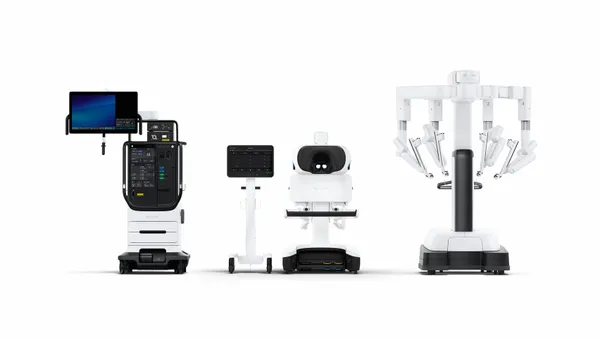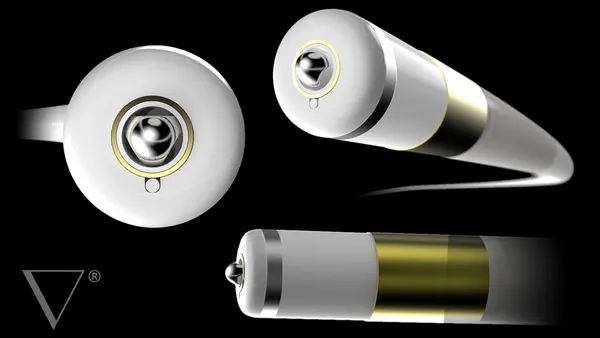Dive Brief:
-
The British government has outlined how the regulation of medical devices will change in the event the United Kingdom leaves the European Union without securing a deal.
-
Officials plan to hew as close as possible to the status quo in the event of a no-deal Brexit but the situation would force changes to marketing clearances, post-marketing monitoring and other critical processes.
-
The British government expects to avoid this scenario by securing a deal but is yet to resolve all its disagreements with EU negotiators with six weeks to go until the deadline for talks.
Dive Insight:
When the British government invoked Article 50 in March 2017, it triggered a two-year countdown to its departure from the EU. Since then, negotiators on both sides have worked to agree on how to untangle the U.K. from the rest of the bloc and put in place a deal that maintains some ties between the two regions. The deadline for resolving these talks is penciled in for Oct. 18.
With time running out, the U.K. has outlined how the failure to reach an agreement will affect the medical device industry. The approach put forward by the government seeks to ease the transition between the old and new regulatory regimes but is unlikely to fully mitigate the impact.
If the U.K. leaves the EU without a deal on March 29, the country will continue to recognize the CE mark for "a time-limited period." In this window, the U.K. will continue to accept medical devices for sale if they comply with EU requirements. Typically, this will entail the devices being certified by EU notified bodies. At some point in the future, the government will consult stakeholders about a new, U.K.-specific way of bringing medical devices to market.
In other areas, the U.K. is powerless to stop a no-deal Brexit from having more immediate effects. The EU will stop recognizing U.K. notified bodies, rendering them unable to assess the conformity of devices and grant CE marks. Currently, almost half of medical devices on the market in Europe were assessed by U.K. notified bodies. Some U.K. notified bodies have set up EU operations to mitigate the risk of a no-deal Brexit but the loss of any capacity would exacerbate the challenge of implementing incoming medical device regulations.
The U.K. would also cease to be part of the EU post-marketing surveillance network, cutting it off from a source of data on medical device safety. That would force the U.K. Medicines and Healthcare products Regulatory Agency (MHRA) to take national post-marketing decisions based on its own records. The impact of that shift in responsibilities will depend on the capacity of the MHRA, which will need to rapidly onboard multiple regulatory processes currently handled at an EU level.
Members of the British government think a deal will be secured and this scenario will be avoided but there are no guarantees yet. The industry may get a clearer idea of the likelihood of a no-deal Brexit when U.K. and EU negotiators meet at a summit on October 17 and 18. That is penciled in as the deadline for resolving outstanding issues such as the Irish border, although there may be scope to hold an emergency summit in November to iron out any remaining points of disagreement.












